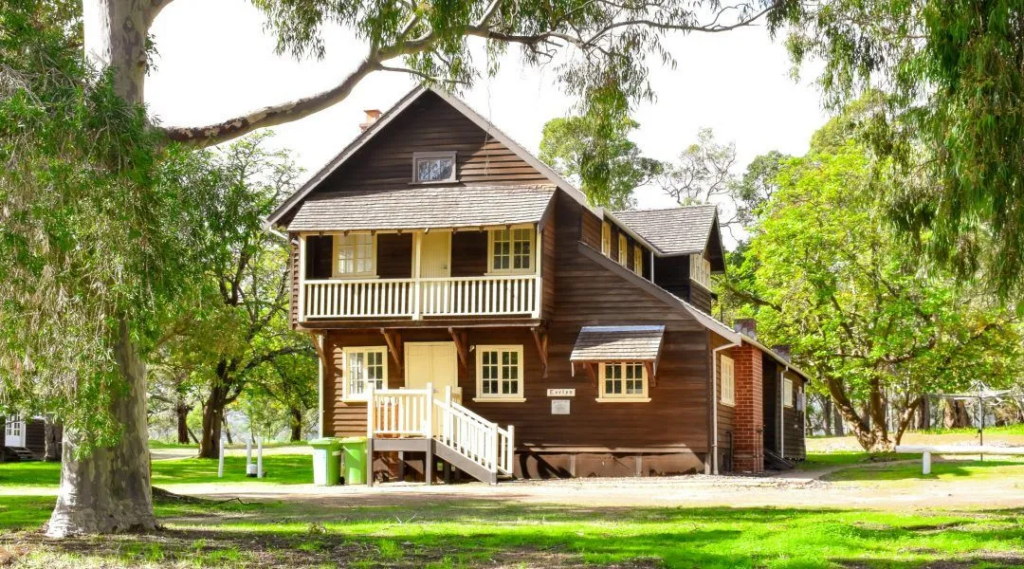
With the demands of work, family, and technology vying for our attention, it’s easy to overlook the benefits that time spent in nature can bring. But how much time should you actually spend with nature through places like Fairbridge Village to reap its benefits?
The Benefits of Spending Time in Nature
Before delving into the specifics of how much time is ideal, it’s crucial to understand the benefits that spending time in nature can offer. These benefits range from physical and mental health improvements to a deeper connection with the environment and the community.
Physical Health Improvements
Spending time outdoors, especially in green spaces like parks or natural reserves, has been linked to numerous physical health benefits. These include:
- Lowered Blood Pressure: Engaging in activities like walking or hiking in natural settings can reduce blood pressure, which in turn lowers the risk of heart disease.
- Improved Immune Function: Exposure to nature, particularly in forested areas, has been shown to boost the immune system by increasing the number of natural killer cells, which fight off infections.
- Enhanced Physical Fitness: Regular outdoor activities like walking, cycling, or even gardening can help maintain physical fitness, reduce obesity, and improve overall cardiovascular health.
Mental Health Benefits
Nature has a profound impact on mental well-being. Here are some of the key psychological benefits:
- Reduced Stress Levels: Time spent in nature has been proven to reduce cortisol levels, which are indicators of stress. The calming effects of natural environments can help in alleviating anxiety and promoting relaxation.
- Improved Mood and Reduced Depression: Regular exposure to nature has been linked to improved mood and a decrease in symptoms of depression. The combination of fresh air, natural light, and the beauty of the outdoors can uplift spirits.
- Enhanced Cognitive Function: Studies have shown that spending time in natural settings can improve attention span, memory, and overall cognitive function. This is particularly beneficial for individuals who spend long hours in front of screens or engaged in mentally demanding tasks.
Strengthening Connections with the Environment and Community
Spending time in nature also fosters a deeper connection with the environment. This connection can lead to:
- Greater Environmental Awareness: Regular exposure to natural environments can increase awareness of environmental issues and inspire more sustainable living practices.
- Community Building: Engaging in outdoor activities, such as group hikes or community gardening, can strengthen bonds with others and build a sense of community. Shared experiences in nature often create lasting memories and stronger social ties.

How Much Time Should You Spend with Nature?
Now that we’ve established the benefits, the question remains: how much time should you spend in nature to experience these advantages? While there’s no one-size-fits-all answer, research provides some guidelines.
The “Two-Hour” Rule
A study published in Scientific Reports in 2019 suggests that spending at least 120 minutes per week in nature is associated with good health and well-being. This could mean spending 20 minutes a day outdoors or a couple of longer sessions throughout the week. The key is consistency—regular exposure to nature, even in small doses, can accumulate into significant health benefits over time.
Daily Microdoses of Nature
For those who struggle to find large chunks of time, daily “microdoses” of nature can be just as beneficial. This could involve:
- Taking a 10-15 minute walk in a park during your lunch break: Even a short stroll surrounded by greenery can help clear your mind and reduce stress.
- Gardening or tending to plants at home: Engaging with nature doesn’t always require a trip to the countryside. Cultivating a garden or even caring for indoor plants can provide a sense of calm and satisfaction.
- Opting for active commuting: If possible, consider walking or cycling part of your daily commute. This not only increases your time spent outdoors but also boosts physical activity levels.
Longer, Immersive Experiences
While daily doses are essential, longer, more immersive experiences in nature should also be a part of your routine. These could include:
- Weekend Hikes or Camping Trips: Dedicate a day or two on weekends to explore natural parks, forests, or coastal areas. Immersing yourself in these environments can lead to profound relaxation and rejuvenation.
- Annual Nature Retreats: Consider taking annual holidays that focus on spending extended periods in nature. Whether it’s a retreat in the mountains, a beach holiday, or a stay at a place like Fairbridge Village, these experiences can offer a deep reset from the daily grind.

Conclusion
Spending time in nature is more than just a leisure activity—it’s a crucial component of a healthy, balanced life. Whether you’re seeking physical health improvements, mental well-being, or a stronger connection with the environment, the benefits of nature are undeniable.
By aiming for at least 120 minutes of nature time per week and incorporating daily doses of green into your routine, you can significantly enhance your quality of life. Places like Fairbridge Village offer a prime example of how accessible and enriching nature can be, making it easier than ever to integrate the outdoors into your everyday life. So, how much time should you spend with nature? The answer is simple: as much as you can.





